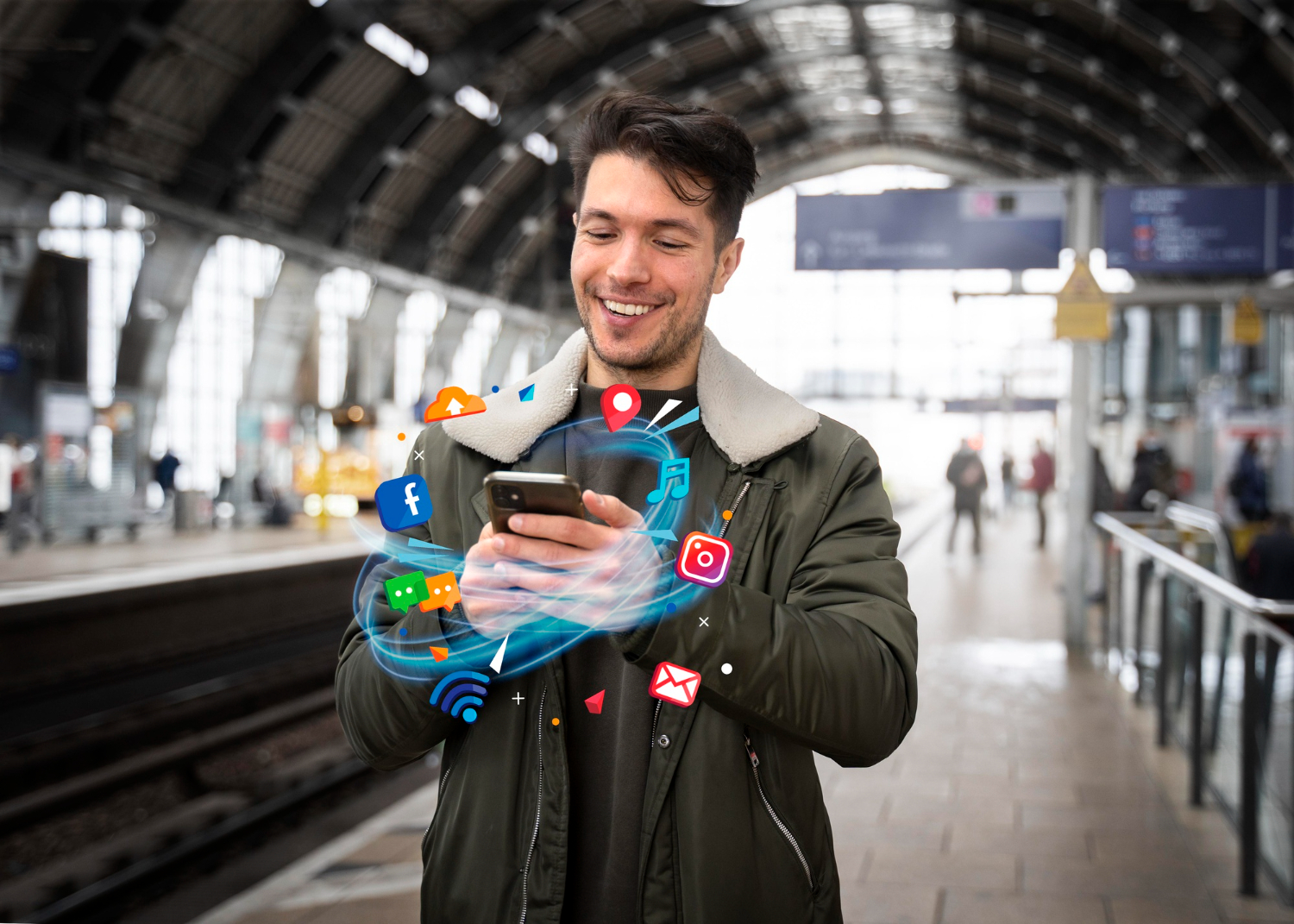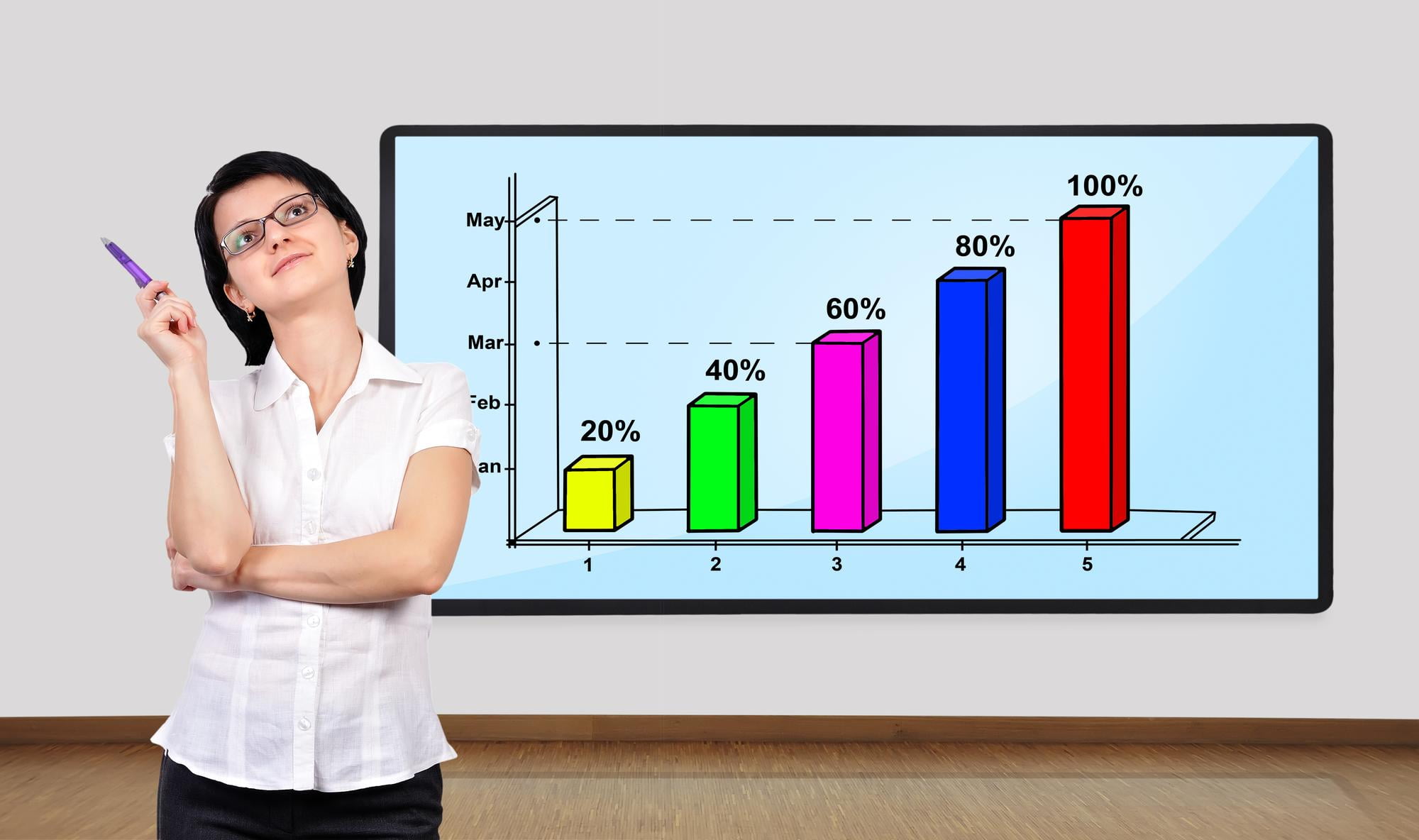Social media has revolutionized the way people communicate, transforming the world into a global village. With platforms like Facebook, Instagram, Twitter, and TikTok, individuals are now able to connect, share, and engage with one another regardless of geographical boundaries. This transformation has both positive and negative effects, reshaping personal relationships, business strategies, and even political discourse.
Table of Contents
ToggleChanging Personal Communication
Before the advent of social media, personal communication was mostly limited to phone calls, emails, or face-to-face interactions. Today, platforms like WhatsApp, Messenger, and Snapchat have made it easier to stay in touch with friends and family. Instant messaging, video calls, and the ability to share moments of daily life with followers have become central to how people interact.
However, this ease of communication comes with challenges. While social media brings people closer, it has also led to an increase in superficial relationships. Online interactions often lack the depth and authenticity of real-life conversations, causing some to feel isolated despite being constantly connected.
Social Media’s Role in Business and Marketing
Businesses have tapped into the immense potential of social media for marketing and customer engagement. Platforms like Instagram and LinkedIn have become essential tools for promoting brands, showcasing products, and building customer relationships. One of the most valuable tools for businesses is the QR code generator. By embedding QR codes into their social media posts, companies allow users to easily access websites, sign-up pages, or product information with just one scan.
The use of QR codes is increasingly popular in social media marketing. Whether on a company’s Instagram page or a Facebook advertisement, QR codes streamline user experience by providing immediate access to important digital content. This seamless connection between the physical and digital world enhances customer interaction and improves overall marketing strategies.
Political and Social Influence
Social media is not only reshaping personal and business communication but also has a profound impact on political discourse and social movements. Platforms like Twitter and Facebook have given rise to citizen journalism, where individuals can report news and share opinions in real time. This democratization of information can foster civic engagement but also leads to misinformation and polarizing narratives.
Movements like #MeToo and Black Lives Matter gained significant momentum through social media, illustrating its power in mobilizing global audiences. At the same time, the rapid spread of fake news and targeted political ads have raised concerns about social media’s influence on public opinion and democracy.
Conclusion
Social media is a powerful tool that has transformed communication on multiple levels. From personal relationships to business marketing and political movements, its influence is undeniable. By using tools like the QR code generator, businesses and individuals alike can enhance their online presence and streamline user engagement. However, it is essential to remain aware of the challenges that come with this digital landscape, ensuring that the benefits outweigh the drawbacks.









